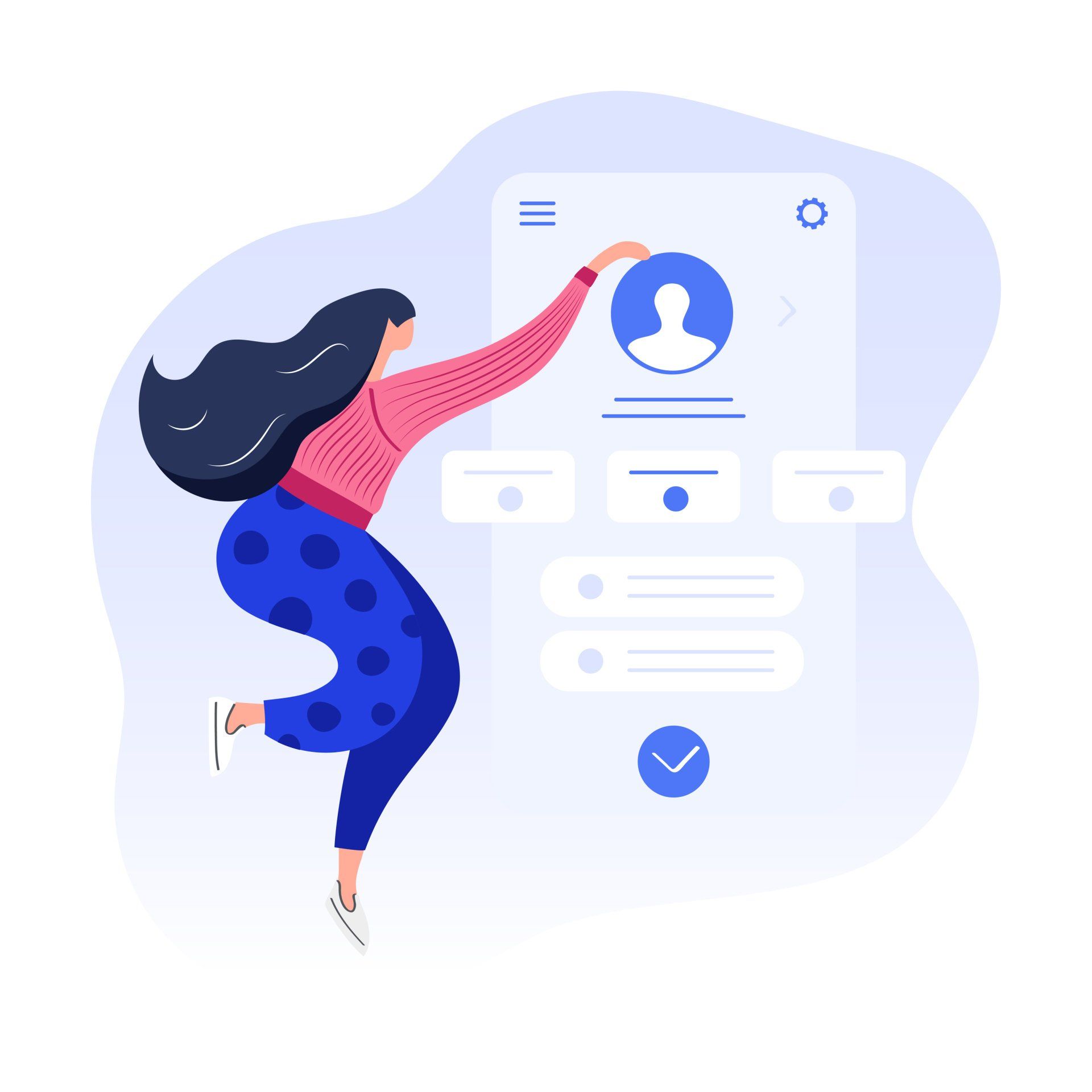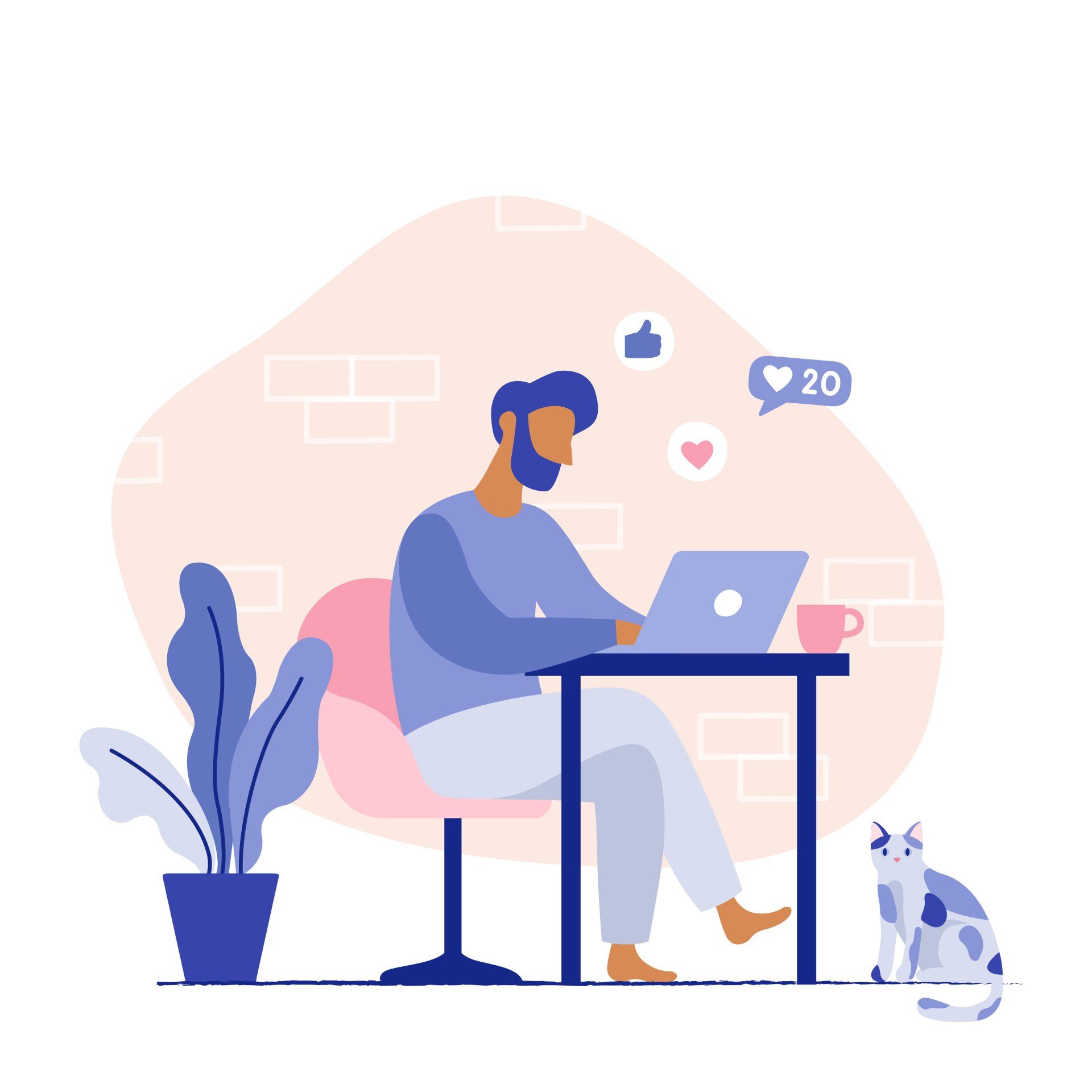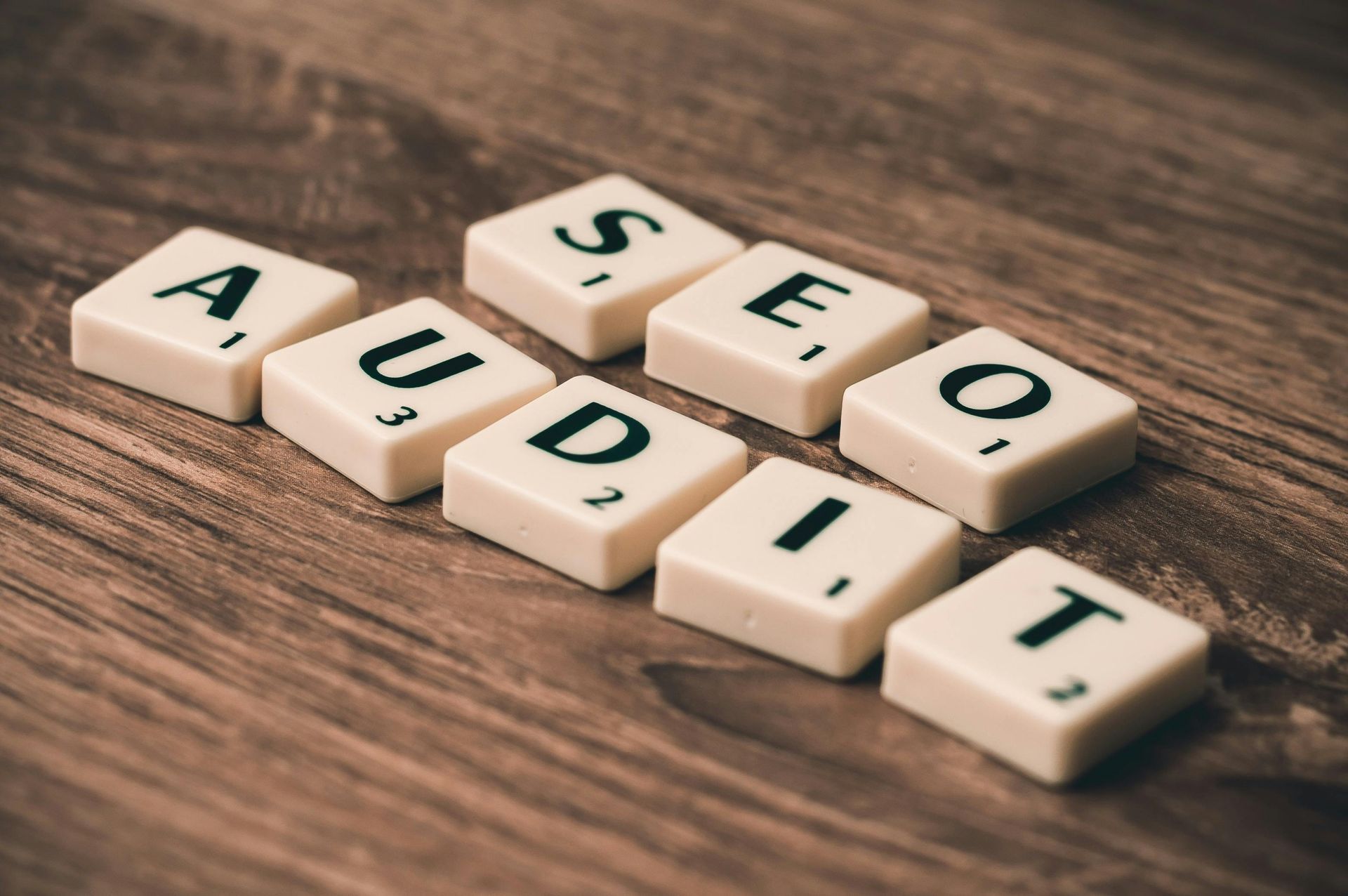The importance of good web design during Covid-19
When you run a business online, it is always important to keep your web design fresh and make sure it adapts to both the latest trends and the latest technology. Never has that been more important than during the ongoing Covid-19 pandemic.
When business and life as we know it was locked down in March 2020, we all hoped or assumed it would be over in a matter of weeks. Now we know that coronavirus is here for much longer – as is its impact on business.
First impressions are everything, so your website needs to be the best it can be. If you have been putting off a website redesign, there can be no better time to improve it than right now.
The businesses which are surviving, or even thriving, during this time are the ones which have been able to adapt. If you haven’t reviewed and updated your web design as a result of the pandemic, what are you waiting for?
Covid-19 has brought more customers to websites than ever before and changed the shape of shopping, probably forever. Can your web design cope?
Having an out of date, slow website will hinder all of your hard work to promote your products and services. To thrive in a post-Covid world, you need to make sure that your website is up-to-date, stylish and ready to convert all those potential new customers.
Companies which are able to move more of their business online are the ones which are adapting to the crisis better than others. While online sales of both products and services have been increasing rapidly for a number of years, the coronavirus pandemic has sped up that process dramatically.

Good design is good for business
A strong brand
When reviewing your website, ask yourself whether it shows a strong and consistent brand. You want people to like your company and your products – and you want them to keep coming back for more. Is your brand instantly recognisable from your website and across your social media, right through to the packaging of your products? If it isn’t, you need to work on that as a priority.
It is consistency across your channels that will help to secure repeat business, increase awareness and help to establish your company as a key player in your industry.
Focus on user experience (UX)
For a business to come through the pandemic relatively unscathed, you need a website which doesn’t just look good, but which gives the user a smooth and uninterrupted experience.
Think about:
· Fast page load
· Uncluttered, easy to navigate pages
· Relevant, easy to read content
· Optimised for mobile
Again, this is where it would be worth calling in the professionals. Money invested now on your user experience will be money well spent, as it is an investment in increased future sales.
Improve your rankings
Good web design isn’t just about your colour palette, your fonts and your functionality, it’s about nailing your SEO. Pandemic or not, people still aren’t keen to wade through pages and pages of Google to find your site. So you need to be one of the first search results on the rankings to ensure your site is visible to the audience you want to reach.
If your products and services are particularly niche, or if they are confined to a fairly small geographical area, make sure you are using those really relevant keywords on your site, so that you come up in searches. So if you specialise in ‘rattan garden furniture’ in the Cotswolds rather than just ‘garden furniture’ in the UK or if you provide toddler swim classes in Gloucestershire, make sure those long tail keywords (phrases of three to five words) are prominent on your site. That way, the next time someone searches specifically for ‘rattan garden furniture Cotswolds’, your business will appear higher on Google.
Over time, getting your SEO right will help to boost your site’s domain authority and keep it above the competition on searches.
Still open for business
While footfall at bricks and mortar stores remains far lower than usual, it’s important that you show your customers that you are still open for business. Show that you value your customers whether they engage with you through your website, through social media or through a physical shop by continuing to communicate with them.
Update your website regularly with new content – from blogposts and videos to photos of your latest products.
If Covid-19 is continuing to affect business – whether in availability of stock or delivery times due to social distancing in warehouses – update your website to let customers know. A clear message as a header on your site will save visitors from trawling your site for information and they will value you taking the time to communicate with them.
There has never been a more important time to improve your website design and strategy. Getting your web design right during the Covid-19 pandemic won’t just help you to survive now, it will help future proof your business over the coming months and years.
More Posts.







